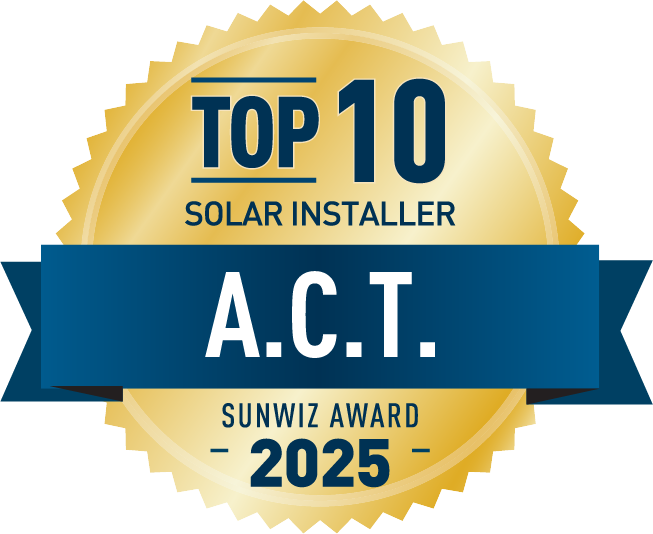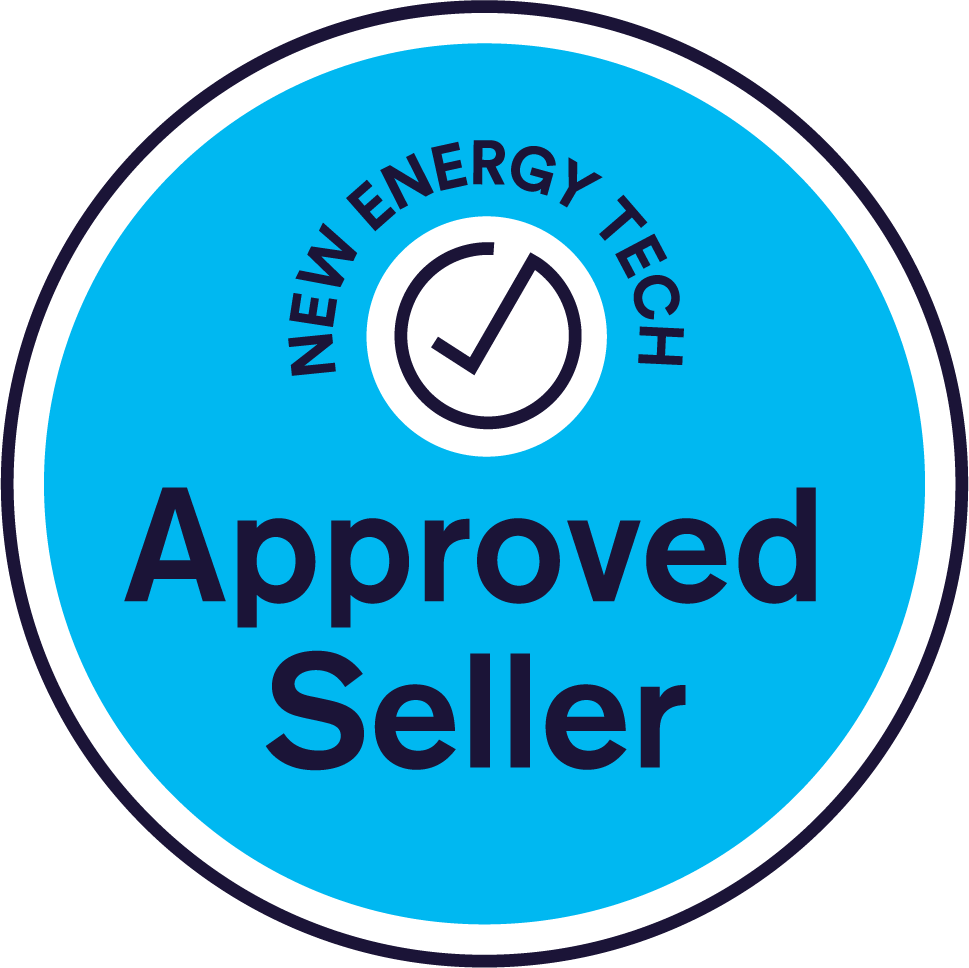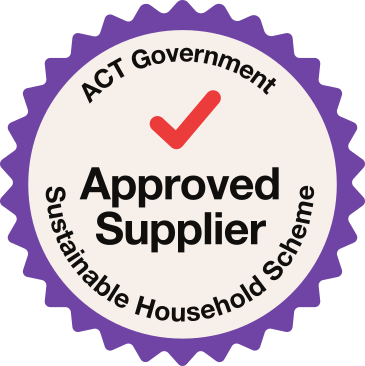Understanding Commercial Solar Panels Financing Options in Australia
1. Introduction: The Bright Future of Commercial Solar Panels in Australia
Australia's abundant sunshine makes it an ideal location for businesses to embrace renewable energy through commercial solar panels. Investing in solar power not only reduces your carbon footprint but also offers significant long-term cost savings. However, the upfront investment can be a hurdle for many businesses. Fortunately, a range of financing options exists to make commercial solar panels more accessible and affordable across Australia. This comprehensive guide will explore these options in detail, empowering you to make an informed decision for your business's sustainable future.
2. Why Invest in Commercial Solar Panels? The Compelling Benefits
Before diving into financing, it's crucial to understand the compelling reasons why businesses are choosing commercial solar panels:
- Significant Reduction in Electricity Bills: Solar energy drastically lowers your reliance on the grid, leading to substantial savings on monthly electricity expenses.
- Enhanced Sustainability and Green Credentials: Embracing solar power demonstrates your commitment to environmental responsibility, enhancing your brand image and attracting environmentally conscious customers.
- Increased Property Value: Properties with installed commercial solar panels often experience an increase in market value.
- Protection Against Rising Energy Costs: Solar power provides a hedge against volatile and increasing electricity prices.
- Potential for Government Incentives and Rebates: Australia offers various schemes to support businesses in adopting renewable energy solutions like commercial solar panels.
- Improved Energy Independence: Generate your own power and reduce your dependence on external energy suppliers.
3. Understanding the Initial Investment in Commercial Solar Panels
The initial cost of commercial solar panels can vary significantly based on several factors:
- System Size (kW): Larger energy consumption requires a larger system, increasing the overall cost.
- Panel Quality and Efficiency: Higher quality and more efficient panels generally come with a higher price tag.
- Inverter Technology: The type and capacity of the inverter influence the system's performance and cost.
- Installation Complexity: Factors like roof type, accessibility, and grid connection requirements can affect installation expenses.
- Battery Storage (Optional): Adding battery storage increases upfront costs but offers greater energy independence and backup power.
4. Key Financing Options for Commercial Solar Panels in Australia
Navigating the financing landscape is crucial for a successful commercial solar panels investment. Here are the primary options available in Australia:
- Outright Purchase: Paying the full cost upfront provides immediate ownership and long-term benefits without ongoing financing obligations.
- Commercial Solar Loans: Banks and financial institutions offer tailored loan products specifically for commercial solar panels, often with competitive interest rates and repayment terms.
- Operating Leases: This option allows businesses to use the commercial solar panels for a fixed period by paying regular lease rentals. Ownership remains with the leasing company.
- Finance Leases (Capital Leases): Similar to operating leases, but with the option to purchase the commercial solar panels at the end of the lease term. This is treated more like asset ownership on the balance sheet.
- Power Purchase Agreements (PPAs): A third-party provider installs, owns, and maintains the commercial solar panels on your property. Your business purchases the generated electricity at a pre-agreed rate, often lower than retail electricity prices.
- Government Grants and Rebates: Various federal and state government initiatives provide financial assistance for businesses installing commercial solar panels.
- Environmental Upgrade Agreements (EUAs): Primarily available through local councils, EUAs allow businesses to finance environmental upgrades, including commercial solar panels, through council rates.
5. Outright Purchase: Simplicity and Long-Term Savings
Outright purchase offers the simplest path to owning commercial solar panels. While requiring a significant upfront investment, it provides immediate ownership, avoids interest charges, and maximizes long-term savings on electricity bills.
6. Commercial Solar Loans: Funding Your Green Investment
Commercial solar loans are a popular choice for businesses seeking to finance their commercial solar panels. These loans typically offer:
- Flexible Repayment Terms: Tailored to your business's cash flow.
- Competitive Interest Rates: Often lower than standard business loans due to the specific purpose.
- Potential Tax Benefits: Interest payments on business loans are generally tax-deductible.
7. Operating Leases: Accessing Solar Without Ownership
Operating leases for commercial solar panels provide businesses with access to solar energy without the responsibility of ownership. Key features include:
- Lower Upfront Costs: Minimal or no initial capital outlay.
- Fixed Lease Payments: Predictable operating expenses.
- Off-Balance Sheet Financing: Lease payments are typically treated as operating expenses.
- No Asset Depreciation: The leasing company retains ownership and manages depreciation.
8. Finance Leases (Capital Leases): Ownership at the End of Term
Finance leases for commercial solar panels offer a pathway to eventual ownership. Key aspects include:
- Option to Purchase: At the end of the lease term for a pre-determined price.
- Asset on Balance Sheet: Treated as an owned asset for accounting purposes.
- Depreciation Benefits: Your business may be able to claim depreciation on the commercial solar panels.
9. Power Purchase Agreements (PPAs): Zero Upfront Cost Solar
Power Purchase Agreements (PPAs) are an attractive option for businesses wanting to adopt commercial solar panels with zero upfront investment. Under a PPA:
- Third-Party Ownership: The solar provider owns and maintains the system.
- Fixed Electricity Rate: You purchase the generated electricity at a contracted rate.
- Reduced Operational Hassle: The provider handles maintenance and performance monitoring.
10. Government Grants and Rebates: Lowering the Initial Cost
Australia offers various government incentives to encourage the uptake of commercial solar panels. These can significantly reduce the initial investment:
- Federal Government Initiatives: Check for national programs and tax benefits.
- State and Territory-Specific Schemes: Explore grants, rebates, and feed-in tariffs offered by your local government.
- Renewable Energy Certificates (RECs): You may be eligible to create and sell RECs based on the electricity generated by your commercial solar panels.
11. Environmental Upgrade Agreements (EUAs): Council-Facilitated Financing
Environmental Upgrade Agreements (EUAs) provide a unique financing mechanism for commercial solar panels through local councils:
- Council Involvement: The council facilitates a loan agreement between the business and a financier.
- Repayments Through Council Rates: Loan repayments are made as part of your council rates.
- Potential for Longer Terms and Lower Rates: Often offers attractive financing terms.
12. Choosing the Right Financing Option: Key Considerations
Selecting the optimal financing option for your commercial solar panels depends on several factors:
- Your Business's Financial Situation: Assess your cash flow, borrowing capacity, and tax position.
- Upfront Capital Availability: Determine how much you can invest initially.
- Desired Ownership Structure: Decide whether you want to own the system outright or prefer a lease or PPA model.
- Risk Tolerance: Consider your comfort level with debt and ongoing financial obligations.
- Long-Term Energy Goals: Evaluate your energy consumption patterns and sustainability objectives.
13. Navigating the Application Process: Tips for Success
Applying for financing for your commercial solar panels requires careful preparation. Here are some helpful tips:
- Gather Detailed Quotes: Obtain multiple quotes from reputable commercial solar panel installers.
- Develop a Comprehensive Business Case: Highlight the financial benefits and environmental impact of the solar installation.
- Prepare Financial Statements: Ensure your business's financial records are up-to-date and accurate.
- Understand the Eligibility Criteria: Carefully review the requirements for each financing option.
- Seek Professional Advice: Consult with financial advisors and solar energy experts.
14. Understanding Loan Terms and Conditions for Commercial Solar Panels
When considering commercial solar loans, pay close attention to the terms and conditions:
- Interest Rates: Compare fixed and variable rates and understand the overall cost of borrowing.
- Loan Term: Evaluate the repayment period and its impact on your cash flow.
- Fees and Charges: Be aware of any application fees, establishment fees, or ongoing charges.
- Security Requirements: Understand if any collateral is required for the loan.
15. Evaluating Lease Agreements for Commercial Solar Panels
For commercial solar panel leases, carefully review the lease agreement:
- Lease Term: Understand the duration of the lease contract.
- Lease Payments: Analyze the fixed rental costs and any potential escalations.
- Maintenance Responsibilities: Clarify who is responsible for system maintenance and repairs.
- End-of-Lease Options: Understand the options at the end of the lease term (e.g., purchase, renew, return).
16. Analyzing Power Purchase Agreements (PPAs) for Commercial Solar Panels
When considering a PPA for your commercial solar panels:
- Electricity Rate: Carefully evaluate the agreed-upon price per kilowatt-hour (kWh).
- Contract Duration: Understand the length of the PPA agreement.
- Performance Guarantees: Check for clauses ensuring the system's output.
- Termination Clauses: Be aware of the conditions under which the agreement can be terminated.
17. Maximizing Government Incentives for Commercial Solar Panels
To make the most of government support for commercial solar panels:
- Research Available Programs: Regularly check federal, state, and local government websites for new and existing incentives.
- Understand Eligibility Requirements: Ensure your business and the proposed solar system meet the criteria.
- Submit Applications Carefully: Provide all required documentation accurately and on time.
- Seek Expert Guidance: Solar installers and consultants can help you navigate the incentive landscape.
18. Tax Implications of Investing in Commercial Solar Panels
Investing in commercial solar panels can have various tax implications:
- Depreciation: You may be able to claim depreciation on the solar assets you own.
- Tax Credits and Rebates: Government incentives may be treated as taxable income or provide tax credits.
- Interest Deductibility: Interest paid on commercial solar loans is generally tax-deductible.
- Seek Professional Tax Advice: Consult with an accountant or tax advisor to understand the specific implications for your business.
19. Frequently Asked Questions (FAQ) About Commercial Solar Panels Financing
- What is the typical payback period for commercial solar panels? The payback period varies depending on the system size, electricity consumption, financing option, and available incentives, but it's often between 3 to 7 years.
- Can small businesses benefit from commercial solar panels? Absolutely! Commercial solar panels can significantly reduce operating costs for businesses of all sizes.
- Is battery storage a worthwhile investment for commercial solar panels? Battery storage increases upfront costs but offers greater energy independence, backup power, and potential for further savings through peak shaving.
- How long do commercial solar panels typically last? Most high-quality commercial solar panels come with a 25-year performance warranty.
- What are the ongoing maintenance costs for commercial solar panels? Maintenance costs are generally low, primarily involving occasional cleaning and system checks.
20. Conclusion: Powering Your Business Towards a Sustainable and Profitable Future with Commercial Solar Panels
Investing in commercial solar panels is a smart decision for Australian businesses looking to reduce costs, enhance sustainability, and secure their energy future. By understanding the diverse financing options available – from outright purchase and loans to leases and PPAs, coupled with government incentives – you can find a solution that aligns with your business's financial goals and environmental commitments. Take the first step towards a brighter, more sustainable, and profitable future for your business today.
Call to Action: Ready to explore your commercial solar panel financing options? Contact us today for a free consultation and personalized recommendations!



